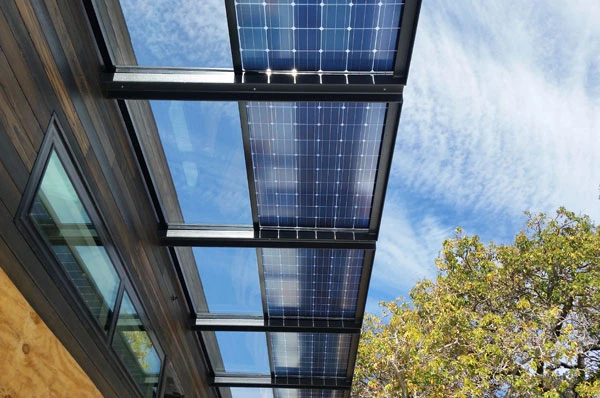Average Costs of Home Solar Panels and Factors Affecting Their Prices
Understanding Home Solar Panel Prices A Comprehensive Overview
In recent years, the adoption of solar energy has gained significant momentum as more homeowners seek sustainable and cost-effective energy solutions. However, one of the primary considerations for many people when contemplating a solar panel installation is the associated price. Understanding the factors that influence home solar panel prices can help potential buyers make informed decisions and manage their budgets effectively.
Cost Breakdown of Solar Panel Installation
The price of home solar panels can vary substantially based on several key components. On average, the cost for a residential solar panel installation ranges between $15,000 and $25,000 before any tax credits or incentives. The primary elements affecting the overall price include equipment, installation, permits, and potential maintenance.
1. Solar Panels The type and quality of solar panels chosen will significantly impact the total cost. There are generally three types of solar panels available monocrystalline, polycrystalline, and thin-film panels. Monocrystalline panels are often the most expensive due to their higher efficiency and durability, while polycrystalline panels offer a more budget-friendly option with slightly lower efficiency. Thin-film panels are the least expensive but may require more space and come with lower efficiency ratings.
2. Inverters Inverters are essential for converting the direct current (DC) generated by solar panels into alternating current (AC) that can be used in homes. There are various types of inverters, including string inverters, microinverters, and power optimizers, each varying in cost and functionality. The choice of inverter can affect the overall system price.
3. Installation Costs Labor costs can vary based on geographic location and the complexity of the installation. Generally, installation can account for about 10-20% of the total project cost. Hiring reputable and experienced solar installers can ensure a smooth installation process but may come at a premium price.
4. Permits and Inspections Obtaining the necessary permits and inspections is crucial for solar panel installations. These costs can vary widely depending on local regulations and may add another layer to the overall expense.
home solar panel price

Incentives and Financing Options
Fortunately, various federal and state incentives can significantly reduce the initial investment in solar energy. In the United States, the Federal Investment Tax Credit (ITC) allows homeowners to deduct a percentage of the cost of solar panel installation from their federal taxes. Additionally, many states offer rebates, tax credits, and other financial incentives aimed at promoting solar adoption.
Financing options, such as solar loans, leases, and power purchase agreements (PPAs), can also make solar panel installations more accessible. These arrangements allow homeowners to spread the cost of their systems over time rather than paying upfront.
Evaluating Long-Term Savings
While upfront costs can seem daunting, it's essential to consider the long-term savings associated with solar energy. By generating your power, homeowners can significantly reduce or eliminate their electricity bills, leading to substantial savings over the lifespan of the solar panels, typically around 25-30 years.
Moreover, solar panels can increase a home’s value, as many buyers are willing to pay a premium for homes equipped with renewable energy sources. This potential increase in property value should be factored into the overall cost-benefit analysis when contemplating solar investments.
Conclusion
Home solar panel prices are influenced by various factors, including equipment type, installation, and local incentives. While the initial costs may seem high, the long-term savings and benefits associated with solar energy make it an attractive option for homeowners. As technology advances and more incentives become available, the pathway to sustainable energy becomes increasingly attainable for many households. Understanding these dynamics is crucial for any homeowner considering making the switch to solar power.
-
String Solar Inverter: The High-Efficiency Solution for Smart Solar EnergyNewsJul.14,2025
-
Revolutionizing Rooftop Energy with the Power of the Micro Solar InverterNewsJul.14,2025
-
Power Independence with Smart Off Grid Solar Inverter SolutionsNewsJul.14,2025
-
On Grid Solar Inverter: Powering the Future with Smart Grid IntegrationNewsJul.14,2025
-
Monocrystalline Solar Panels: High-Efficiency Power for the Future of Clean EnergyNewsJul.14,2025
-
Bifacial Solar Panel: A Smarter Investment for Next-Generation Energy SystemsNewsJul.14,2025







